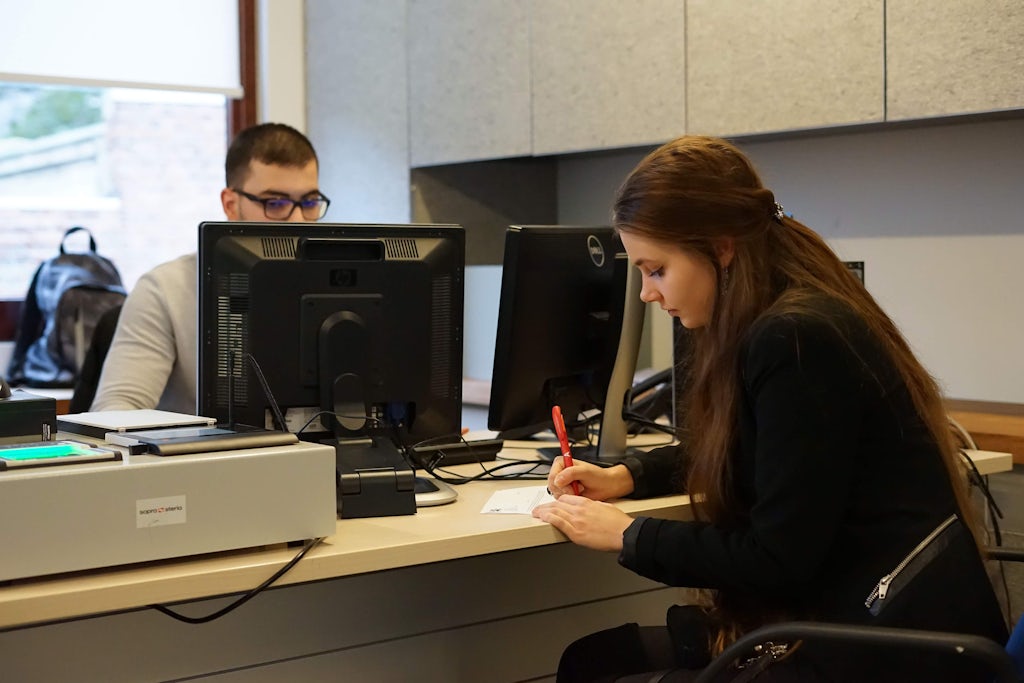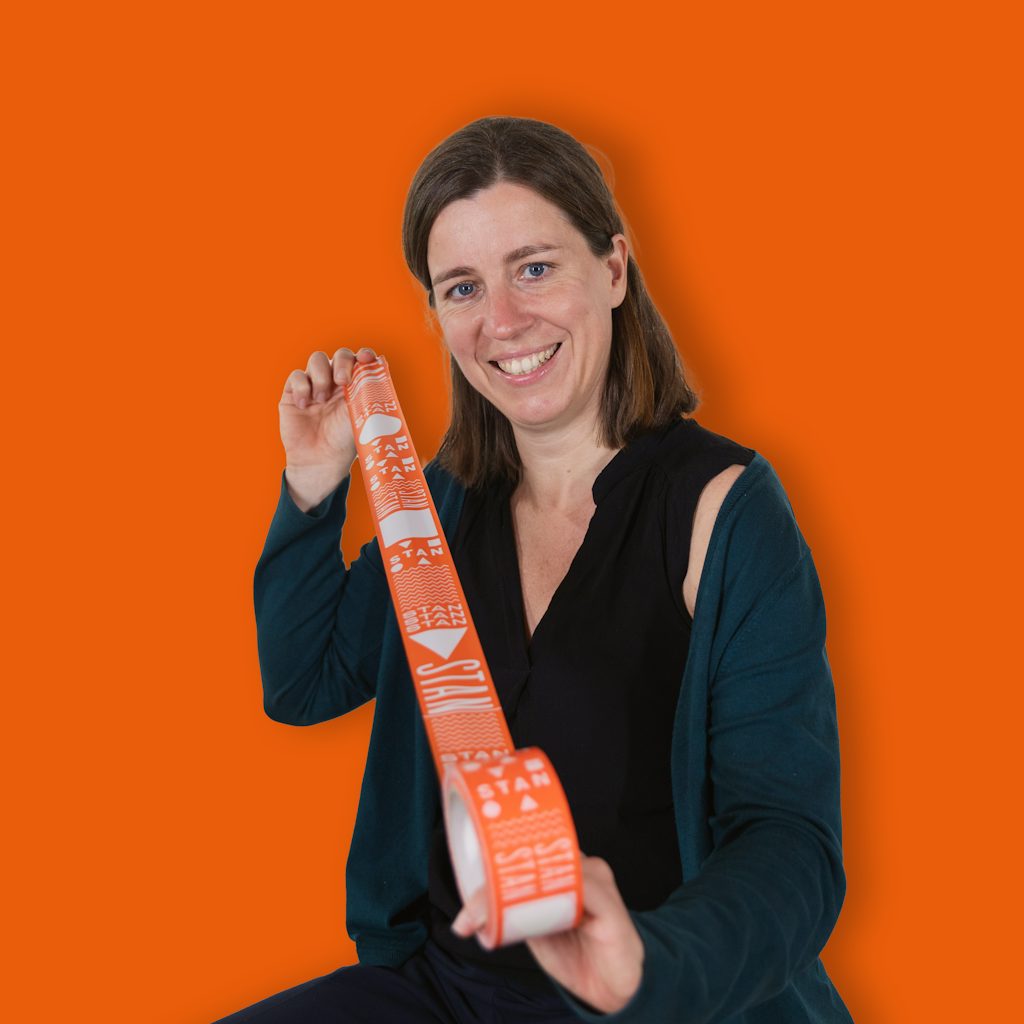
The Great Antwerp Student Survey
The Great Antwerp Student Survey


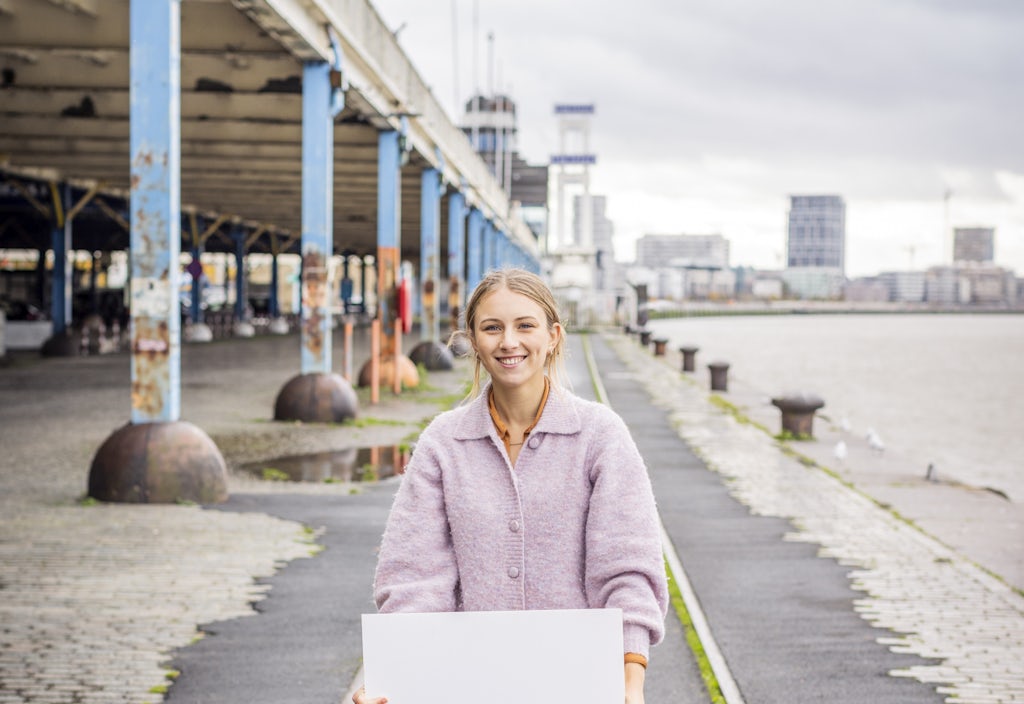


A study of Antwerp student’s challenges and problems after corona
The Great Antwerp Student Survey is a collaboration between STAN and the University of Antwerp with the objective of understanding the concerns of Antwerp’s students and assessing their satisfaction with their studies, student life, campus, and city. In 2018, the focus was on mobility, safety, leisure activities, diversity, and nutrition. In 2023, the second edition, we explored the broader living environment of Antwerp’s students, from attending classes and leisure activities in a post-COVID era to their financial concerns and mental well-being.
The results indicate that student life has undergone significant changes since COVID-19. Not only students but also STAN and higher education institutions face several significant challenges in supporting students as effectively as possible.
-
What?
-
An investigation involving 3,024 Antwerp students on the topics: cost of living, mental well-being, and the impact of Covid-19 on student life.
-
By whom?
-
This research is a collaboration between the University of Antwerp and STAN. The work was conducted by fifteen Erasmus students under the supervision of Prof. Peter Van Aelst, Dr. Jonas Wood, and Hannes Lenaerts.
-
When?
-
Academic year 2022-2023.
Socially more reserved
Firstly, Antwerp’s students have become more socially reserved. Although Antwerp is considered a great student city, one in three students indicates that they have become more socially reserved since the coronavirus pandemic, leading to changes in student life. On a typical weekday evening, they prefer to stay at home in their dorm rooms, alone or with friends.
“I’ve kind of gotten into that not-going-out vibe and can enjoy staying at home or spending evenings with family and friends in a quiet way more than going to a club.” (Female, 19 years old, high school student during Covid-19)
Overall, Antwerp’s students are positive about the wide choice of cafes (62%) and parties (54%), but going out in Antwerp remains expensive, especially if you are not a member of a student association (44%). Additionally, there are too few student-oriented activities during the day (24%). Many students also advocate for more non-alcoholic activities, activities on the outer campus, and activities that start earlier so they are more accessible for commuting students. (Figure right: What does your favorite evening of the week look like?)
“Things that don’t revolve around drinking and partying, more cultural things that are just relaxing. As a student who doesn’t drink and doesn’t like going out, there really isn’t much left in terms of activities to meet people.” (Female, 23 years old)
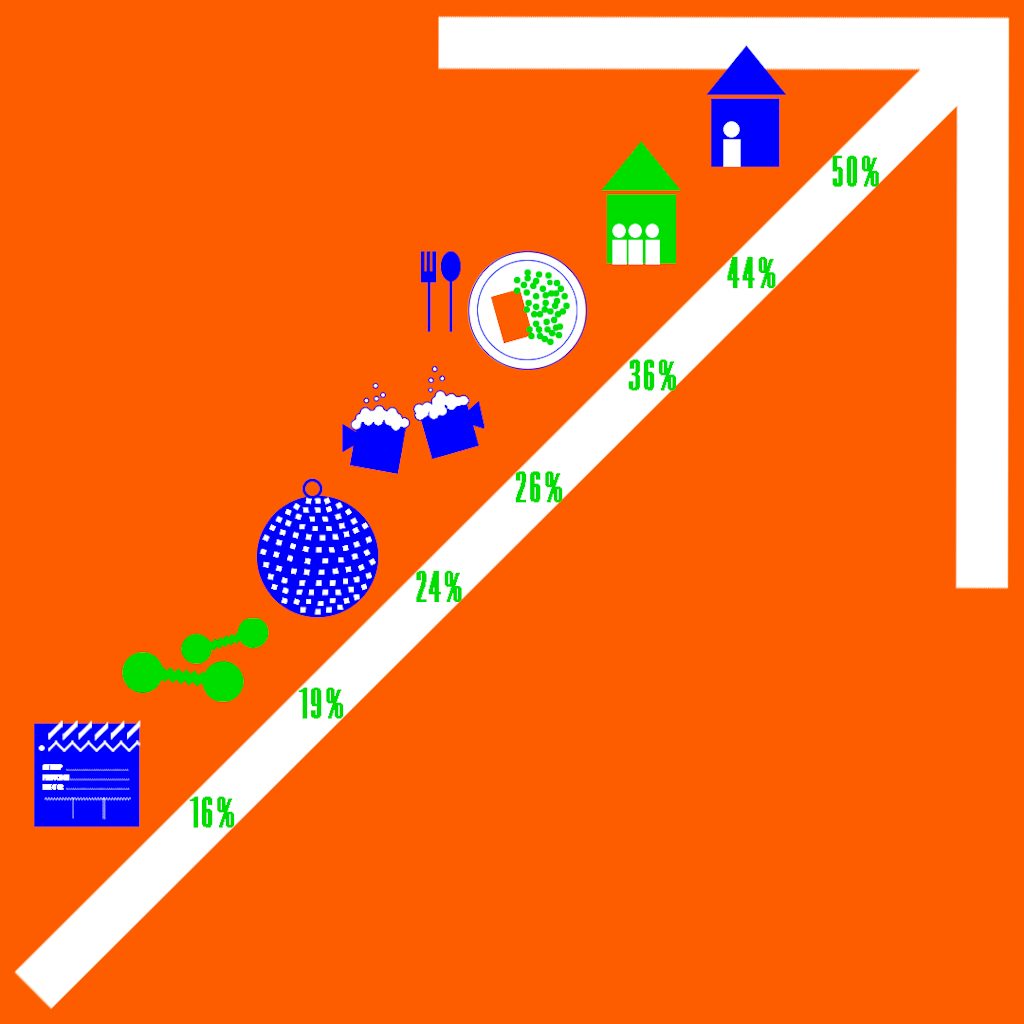
Additionally, it’s also noticeable that Antwerp students are less present on campus and engage more in remote learning. The method of attending classes has been sustainably altered due to accelerated digitalization during the pandemic. With more lecture recordings available, students spend less time on campus and have fewer opportunities to meet each other, which in turn might discourage them from attending classes because they have fewer acquaintances among their peers. This vicious circle seems particularly risky for university students, who have fewer classes in small groups.

Student life is expensive
Secondly, many students are struggling with financial issues. Almost all Antwerp students believe that the cost of living has increased over the past year. They particularly notice rising prices of groceries (73%), expenses in restaurants and bars (57%), and increasing costs of utilities such as electricity, water, gas, and wifi (42%). The escalating bills and inflation also lead to increased demand for financial assistance from the educational institutions’ social services.
While we’ve learned that online lectures can lead to increased social isolation, they also allow students from less privileged backgrounds to work part-time during the week without missing classes. The inflation affecting all students might be one of the reasons for the popularity of online lectures.
“I often have to dip into my savings account. In other years, this was more of an exception.”

Diminished Mental Well-being
Thirdly, it’s evident that many students are grappling with stress and mental health issues. On average, 55% of Antwerp students experience stress, performance pressure, or anxiety, but there are clear gender differences. Women are generally more vulnerable to these issues than men. Also, the factors causing stress differ between genders; for men, it’s more about school-related stress, while for women, it encompasses various stressors. However, seeking help is not very common proportionally.
Only 13% of students have sought help before. Men, in particular, are less likely to seek help when feeling down. However, it’s also striking that only 40% of those who have never felt well have ever sought help. The biggest barriers to seeking help are long waiting times and high costs. Additionally, acknowledging one’s problems to oneself can already be an initial obstacle.
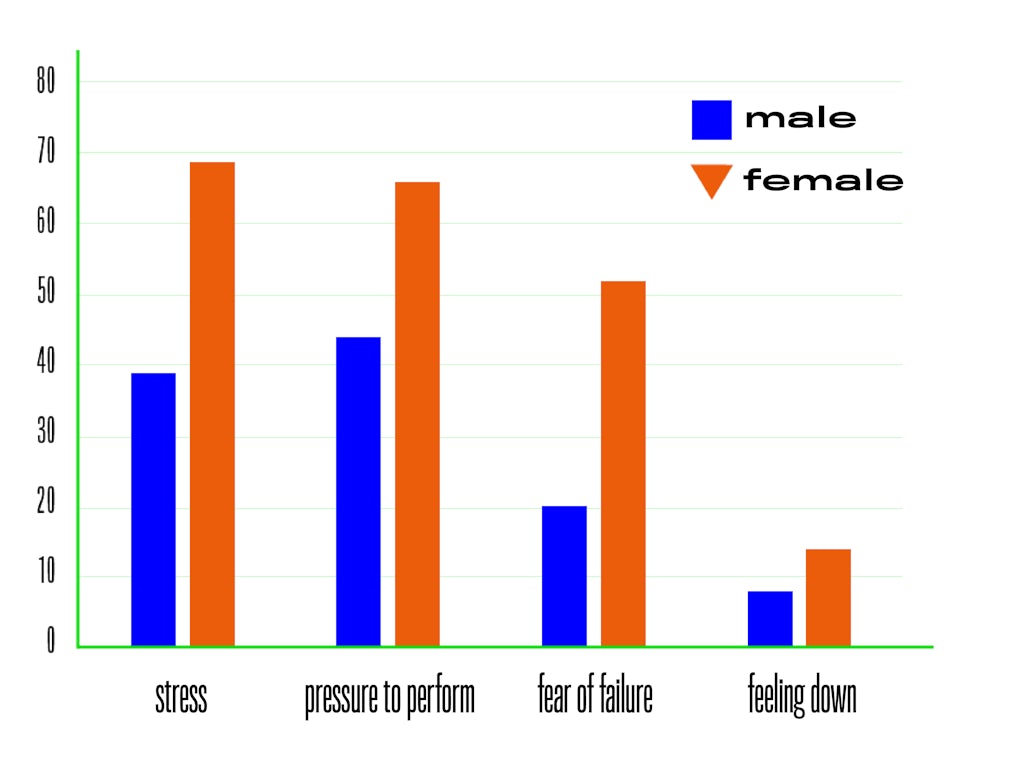
Conclusion
We conclude with three suggestions that could be part of an integrated approach. Firstly, we need to continue investing in physical contact and meeting places. While online lectures are a useful part of education, they should not become the norm. There is a need for interaction and places where students can study, talk, or relax. This should be possible, accessible, and without pressure to consume.
Secondly, there is a growing demand for variety in leisure activities, such as more student-oriented activities during the day, non-alcohol-related activities, or activities on the outer campus. Regarding mental well-being, this study is yet another warning sign. There are significant groups of students who don’t feel well, and social and academic components in student life clearly play a role, but the path to seeking support isn’t always found. Mental well-being is more discussable than ever, but utilizing existing services doesn’t seem straightforward.
Therefore, our third recommendation is to evolve into an integrated approach where “working on your well-being” is no longer seen as problem-solving but as one of many ingredients for a healthy lifestyle. A healthy lifestyle is necessary in the demanding context that students perceive today, where educational institutions as well as other student organizations can contribute. In concrete terms, an integrated approach implies that policy initiatives don’t just wait for problems to arise but also proactively work on well-being with all students.
About STAN
In 2013, STAN launched the first major quantitative survey on Antwerp’s student life. In the latest edition of the Great Antwerp Student Survey, we explored the broader living environment of Antwerp students, from attending classes and leisure activities in a post-COVID era to their financial concerns and mental well-being.
2012-2013
The Great Student Survey: quantitative needs and satisfaction survey.
2015-2016
The Great Student Survey: follow-up study.
2018-2019
The Great Antwerp Student Survey: for the first time in collaboration with students and professors from UAntwerp, focusing on the identity and urban experience of Antwerp students and their associated needs. Five themes were central: mobility, safety, leisure activities, diversity, and nutrition.
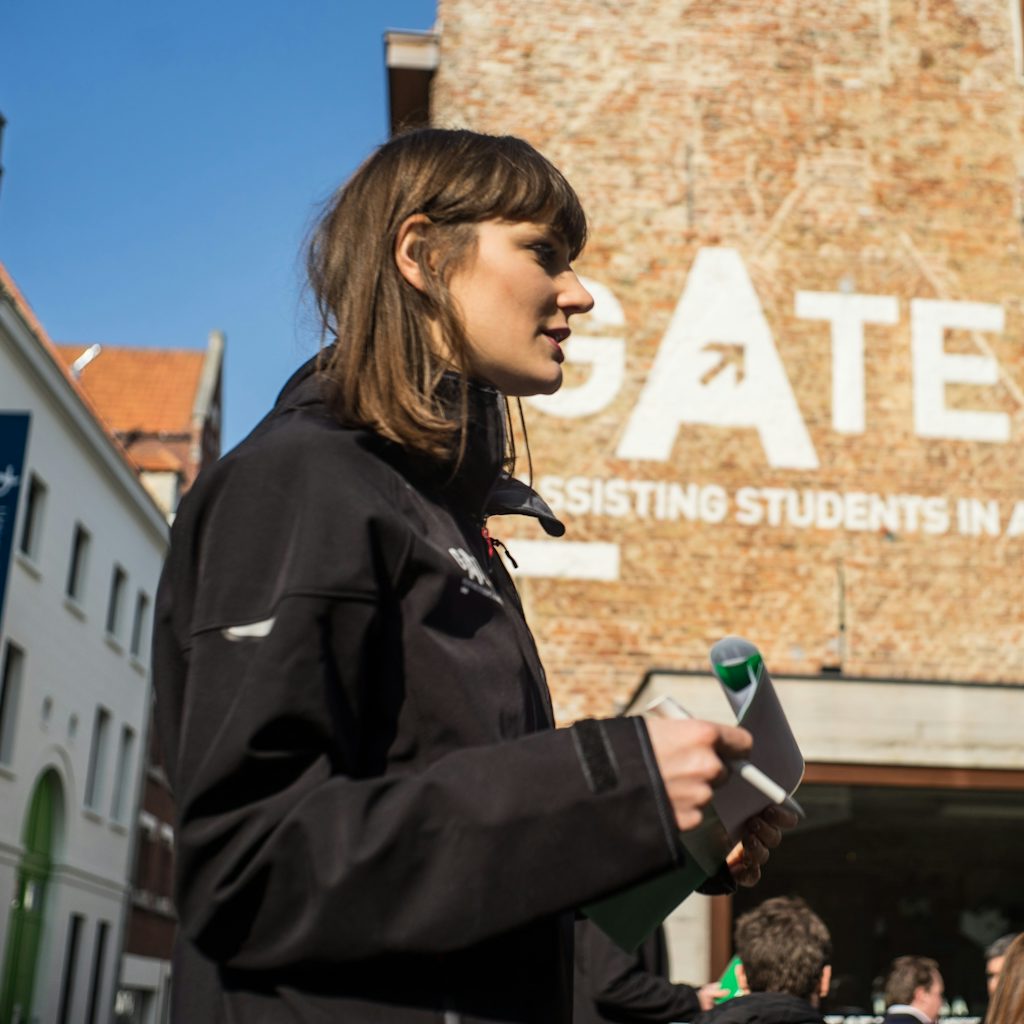
Warm meeting place
Those who know us well know: for us, it’s not just about results. That’s why we’ve launched CABIN, a warm meeting place for students, a safer space, an extension of your home or dorm. We aim to create a warm environment where social interaction, preventive self-care as part of a healthy lifestyle, studying, and sharing ideas are central.



The Great Antwerp Student Survey is supervised by Debbie.







